Recommendation
Talk about economics for even a few minutes, and watch your listeners’ eyes glaze over. But tell them a story that grabs their attention and makes them smile – then you can teach them anything. That’s the tactic controversial Libertarian Irwin Schiff used to teach his sons – brokers Peter D. Schiff and Andrew J. Schiff – the basics of economics. The Schiff brothers have cleverly updated their dad’s “fish story,” first published in 1979, to show how decades of political and economic blunders have led to financial crisis. With cute cartoons and witty, though deliberately imprecise, characterizations, their picture book presents a fable about the ways that politics and human frailty can lead people to violate the rules of supply and demand – thus creating fishy fiscal headaches. Inserted “reality checks” relate the story’s ideas to current events to explain the tale’s metaphors to readers at all levels of financial sophistication. While some may disagree with the authors’ libertarian views, others may recognize underlying realities in their allegory. getAbstract recommends this fine fable to anyone seeking a simple presentation of a complicated subject.
Summary
About the Authors
Peter D. Schiff is the best-selling author of Crash Proof 2.0 and The Little Book of Bull Moves in Bear Markets. He is president of Euro Pacific Capital, a brokerage firm, where financial media expert Andrew J. Schiff is a broker and communications director.











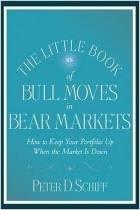
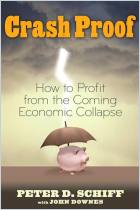
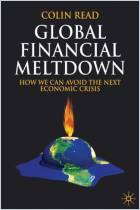
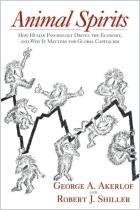
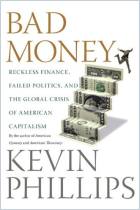
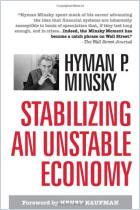
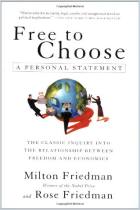
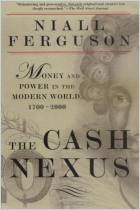


Comment on this summary